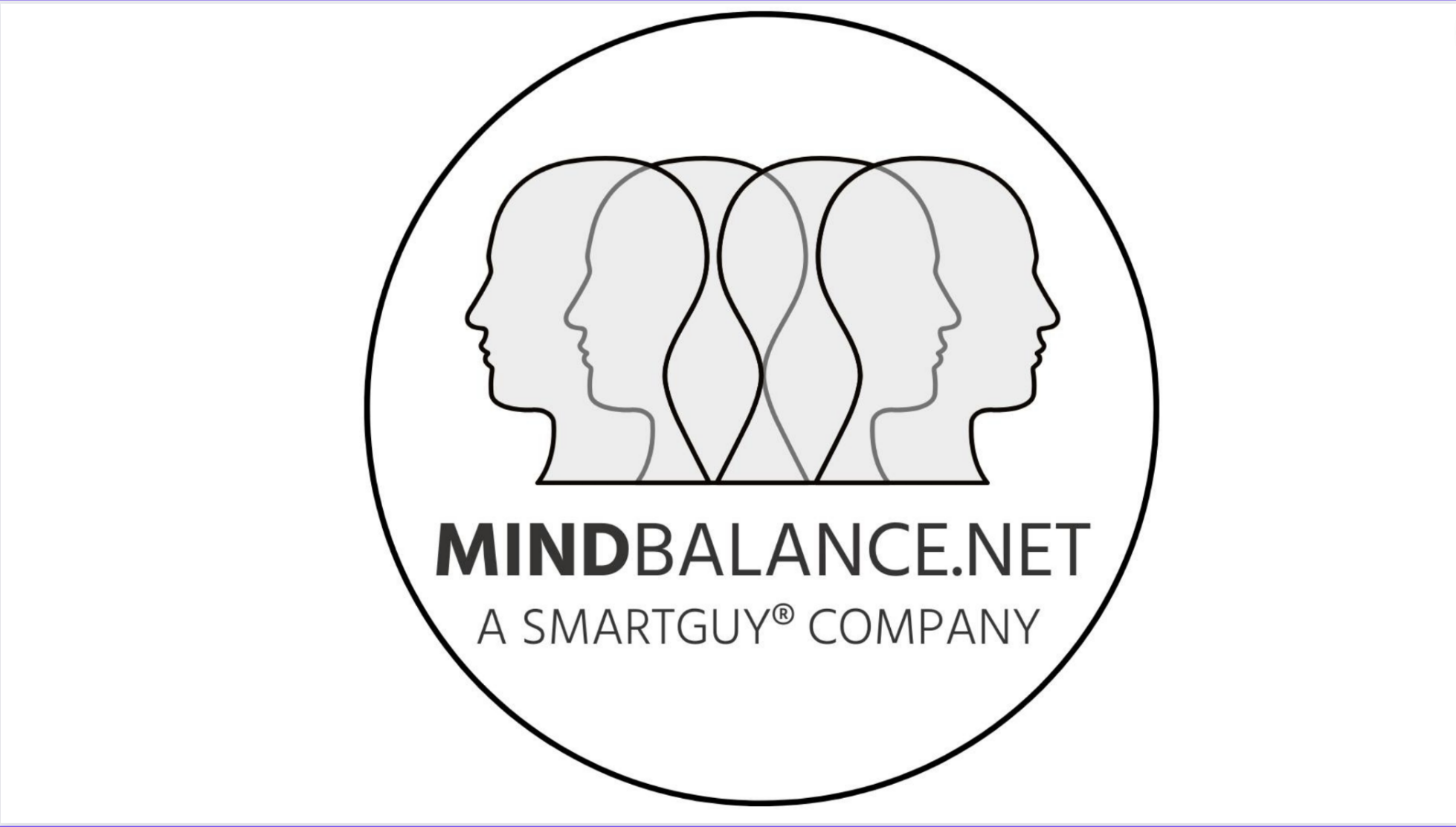The Vital Connection Between Mental Health and Sleep
At MindBalance.net, we recognize that mental well-being is intricately connected to various aspects of our lifestyle, and one of the most critical yet often overlooked components is sleep. Quality sleep is fundamental to maintaining good mental health, while poor sleep can exacerbate mental health issues. Understanding the relationship between sleep and mental health can empower individuals to prioritize their rest and improve their overall well-being.
The Science of Sleep and Mental Health
Sleep is essential for the brain to function optimally. During sleep, the brain processes emotions, consolidates memories, and clears out toxins that accumulate during the day. Dr. Matthew Walker, a renowned sleep scientist and author of Why We Sleep, states, “The shorter your sleep, the shorter your life span.” This stark reality highlights the importance of adequate sleep for both physical and mental health.
Impact of Sleep on Mental Health
Poor sleep can have a profound impact on mental health, contributing to conditions such as anxiety, depression, and bipolar disorder. Lack of sleep affects the brain's ability to regulate emotions and increases the production of stress hormones, such as cortisol. This can lead to heightened feelings of stress and anxiety. According to the National Sleep Foundation, people with insomnia are 10 times more likely to suffer from depression and 17 times more likely to experience significant anxiety.
Sleep Disorders and Mental Health
Sleep disorders, such as insomnia, sleep apnea, and restless leg syndrome, can severely affect mental health. Insomnia, characterized by difficulty falling or staying asleep, is often both a symptom and a contributor to mental health disorders. Sleep apnea, where breathing repeatedly stops and starts during sleep, can lead to fragmented sleep and decreased oxygen to the brain, exacerbating mood disorders. Addressing these sleep disorders through medical treatment and lifestyle changes is crucial for improving mental health.
Improving Sleep for Better Mental Health
Establish a Sleep Routine: Going to bed and waking up at the same time every day helps regulate the body’s internal clock, making it easier to fall asleep and wake up refreshed.
Create a Sleep-Friendly Environment: Ensure your bedroom is cool, dark, and quiet. Investing in a comfortable mattress and pillows can also improve sleep quality.
Limit Screen Time Before Bed: The blue light emitted by phones, tablets, and computers can interfere with the production of melatonin, a hormone that regulates sleep. Aim to turn off screens at least an hour before bedtime.
Practice Relaxation Techniques: Techniques such as deep breathing, meditation, and progressive muscle relaxation can help calm the mind and prepare the body for sleep.
Be Mindful of Diet and Exercise: Regular physical activity and a balanced diet can promote better sleep. Avoid caffeine and heavy meals close to bedtime, as they can disrupt sleep.
Conclusion
Prioritizing sleep is essential for maintaining and improving mental health. At MindBalance.net, we advocate for integrating good sleep hygiene practices into your daily routine. By understanding the profound connection between sleep and mental well-being, you can take proactive steps to ensure you get the restorative sleep you need. As Dr. Walker wisely noted, “Sleep is the single most effective thing we can do to reset our brain and body health each day.” Embrace the power of sleep to nurture your mental health and achieve a more balanced life.
Category: Mind Balance
Related Articles
- Exploring Therapeutic Interventions for Optimal Mental Well-Being
- Unlocking Happiness and Success- Effective Positive Thinking Techniques
- Bacon-Wrapped Chicken Thighs with Creamy Garlic Sauce
- Understanding Judaism - A Comprehensive Overview of Beliefs Practices and Cultural Impact
- Environmental toxins that can have significant effects on mental health
- Uniting in Universal Love - Embracing Commonalities Across Faiths
- Stress Management Strategies-Your Roadmap to a Calmer and Healthier Life
- How to become a problem solver
- How Mind Balance Can Improve the Mindsets of Employees
- Stuffed Bell Peppers with Quinoa and Black Beans
- Mind Balance - 100 Innovative Ways it Can Unleash Your Full Potential
- Exploring World Religions - A Colorful Journey for Kids
- How to become a quick learner
- Adventurous Romance -The Key to Enhancing Relationship Chemistry
- Three Sentences from a Billionaire That Changed My Life and Made Me Millions
- Take the Wheel-Navigating Life Beyond the Screen
- How to become more stress tolerant
- The Power of Physical Activity for Mental Well-Being
- Mind Matters- The Chiropractic Approach to Personal Growth
- Embracing Faith and Self - A Christian Guide to Personal Strengths and Weaknesses
Business News
Popular Posts
- Jerusalem's Lesson - A Blueprint for Global Harmony Among Diverse Faiths
- Clearing Mental Plaque: The Path to Enhanced Communication and Divine Connection
- Finding Strength and Safety in Scripture - 25 New Testament Passages to Combat Spiritual Attacks
- How Mind Balance Brings People Closer to God
- Ways to Remove Stress from Trauma in the Nervous system
- Why Return to Jesus Christ and the Church
- Top 50 Ways to Live Longer
- Environmental toxins that can have significant effects on mental health
- Adventurous Romance -The Key to Enhancing Relationship Chemistry
- What Shapes Your Mental Well-being
- Herb-Crusted Ribeye Steak with Bone Broth Reduction
- Bacon-Wrapped Chicken Thighs with Creamy Garlic Sauce
- Slow-Cooked Lamb Shanks with Rosemary and Garlic
- Pork Tenderloin with Mustard Cream Sauce
- Stuffed Bell Peppers with Quinoa and Black Beans
- Exploring Therapeutic Interventions for Optimal Mental Well-Being
- The Power of Physical Activity for Mental Well-Being
- Understanding the Link Between Mental Health and Substance Abuse
- The Long-Lasting Impact of Child Abuse on Mental Health
- Hormonal Imbalances and Life Transitions
